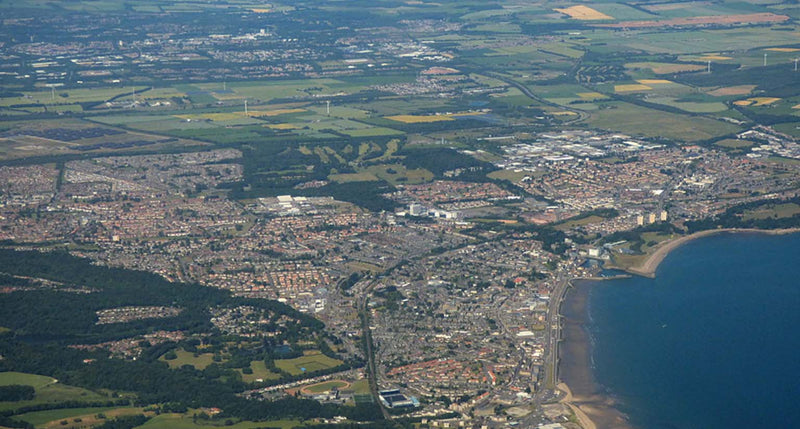From the town of Kirkcaldy in Fife. Willilmus de Kyrcaudi was a cleric in Stirling in 1299, in 1331 there are records of money paid to John of Kirkcaldy, and in 1363 Andreas de Kirkcaldy was granted a pension of five merks a year by David II. The Kirkcaldy of Inchture line ended in 1396, […]
Tag Archives: Kirkcaldy Clan History
From the town of Kirkcaldy in Fife. Willilmus de Kyrcaudi was a cleric in Stirling in 1299, in 1331 there are records of money paid to John of Kirkcaldy, and in 1363 Andreas de Kirkcaldy was granted a pension of five merks a year by David II.
The Kirkcaldy of Inchture line ended in 1396, when the heiress to John Kirkcaldy of Inchture, Marjory, married the son of Richard Kinnaird of that Ilk, Reginald, and called themselves Kinnaird of Inchture.
Simon de Kyrcaldy had land in ‘Edynburgche’ in 1366 and may be the same Simon who appears as a burgess there in 1392.
Andrew Kirkcaldy was scribe of the town council of Dysart in 1535, and ‘veneranda mulier Agnes Karcalde’ is recorded in the same town in 1540.
Sir James Kirkcaldy of Grange was Lord High Treasurer of Scotland during the reign of James V. After the defeat in 1542 to the English at the Battle of Solway Moss, James V visited the Kirkcaldy of Grange home where he, whislt talking to the wife of Sir James Kirkcaldy, predicted his own death. He died at the age of thirty only a matter of weeks later at Falkland Palace in the presence of James and his son William Kirkcaldy.
Sir William Kirkcaldy of Grange, son of Sir James, was appointed Keeper of Edinburgh Castle by the Regent Moray, in the name of the infant James VI. He also played a prominent part in the murder of Cardinal Beaton in 1546.
During the Lang Siege of Edinburgh Castle, Sir William, who had changed allegiance to the imprisoned Mary, Queen of Scots, try and defend the castle from the forces of the new regent, Earl of Morton. Eventually Kirkcaldy had to surrender the castle, and he was hanged, along with his brother in 1573 at Mercat Cross on the Royal Mile in Edinburgh.
In 1664 the family became baronets, but the title became extinct in 1739.

